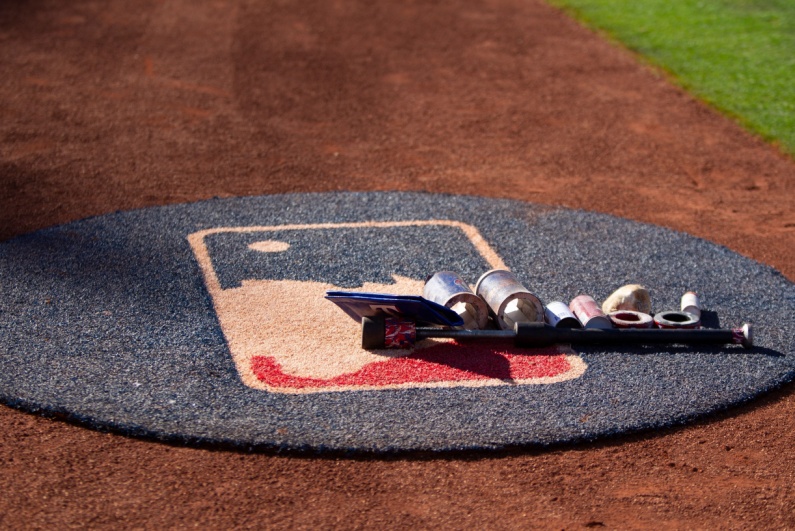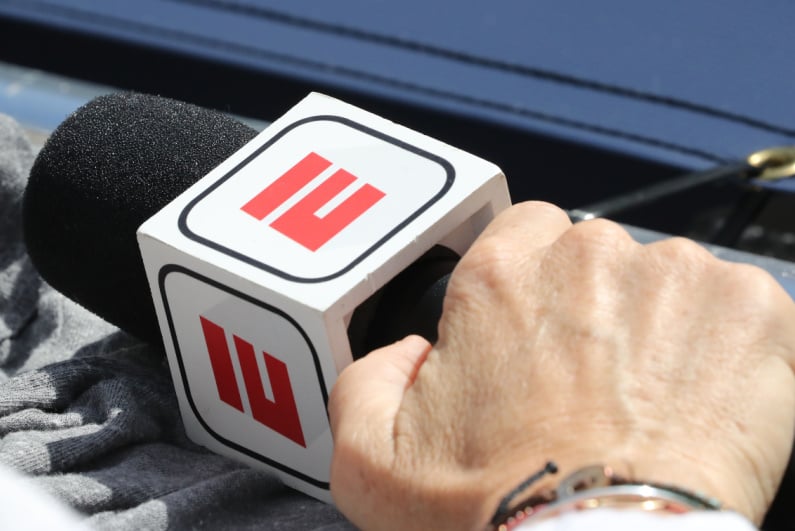“It’s scary and it’s sad.”
In yet another reminder that athletes are human beings just like the rest of us, Bob Nightengale of the USA Today has reported that as legalized gambling grows in the US, so do threats against athletes.
On Sunday, Nightengale recounted just a few of the many incidents that Major League Baseball players have had to deal with as gamblers continually overstep boundaries. More and more, the players with whom he spoke said, “fans” have moved from yelling at players for losing the game to yelling at them for losing the person money.
I’m going to kill you and then kill your family.”
“You hear it all, man,” Arizona Diamondbacks closer Paul Sewald said. “You blow a save, you don’t come through, you get it all. ‘(Expletive) you. You suck. You cost me all of this money. (Expletive) you. (Expletive) your family. I’m going to kill you and then kill your family.’”
“It’s scary and it’s sad,” Sewald added.
Player’s union addressed concerns years ago
According to Nightengale, the Major League Baseball Players Association (MLBPA) expressed its concern about sports betting right after the US Supreme Court overturned PASPA in 2018, allowing for states to make their own decisions on sports betting legality. About 80% of states have legalized sports betting to date.
The MLPBA and the league amended the collective bargaining agreement (CBA) to include language requiring teams to work to protect players from fan abuse, including fan policies against abusive speech toward players, coaches, and staff, and a safety hotline players can use to report threats.
But in the end, that likely hasn’t accomplished much. Fans don’t read behavior policies and hotlines, while not bad, aren’t going to stop something before it happens.
The CBA also prohibits player prop bet lines to be displayed in-stadium, but fans have all that information at the fingertips, anyway.
League, gambling companies intertwined
Diamondbacks first baseman Christian Walker said that many of his fan interactions have turned from D-backs fans cheering him on to urging him to help them win their bets.
“People are always talking (expletive),” Walker said. “You’re in the on-deck circle, and someone’s like, ‘Come on, I need you. I need plus-2. Hit a double for me.”
“I can show you my DMs that are full with people talking (expletive), saying how you cost them money and saying some nasty (expletive),” he continued. “That’s part of it. It shouldn’t be part of it. But it is part of professional sports now.”
San Francisco Giants third baseman Matt Champan said he has even had fans request money from him on Venmo to cover their losing wagers.
Sewald said that the league can’t be surprised by any of this because it is so strongly tied to gambling companies now.
“We’re promoting the hell out of this, and then to say, ‘Oh, I don’t know what guys are gambling’?”
Referring to the recent lifetime ban of San Diego’s Tucupita Marcano for betting on baseball, Sewald said: “You cannot watch one set of commercials between innings without a gambling commercial,” Sewald said. “FanDuel. DraftKings. MGM. Caesars. We’re promoting the hell out of this, and then to say, ‘Oh, I don’t know what guys are gambling’?”
He admitted that gambling certainly benefits the league, as the more people bet, the more eyeballs the game gets. And the more eyeballs, the more money, which also benefits the players through increased salaries. But he calls it a “slippery slope” that can and does lead to addiction for many.
As Nightengale concluded: “The genie is out of the gambling bottle, death threats, corruption and consequences be damned.”




